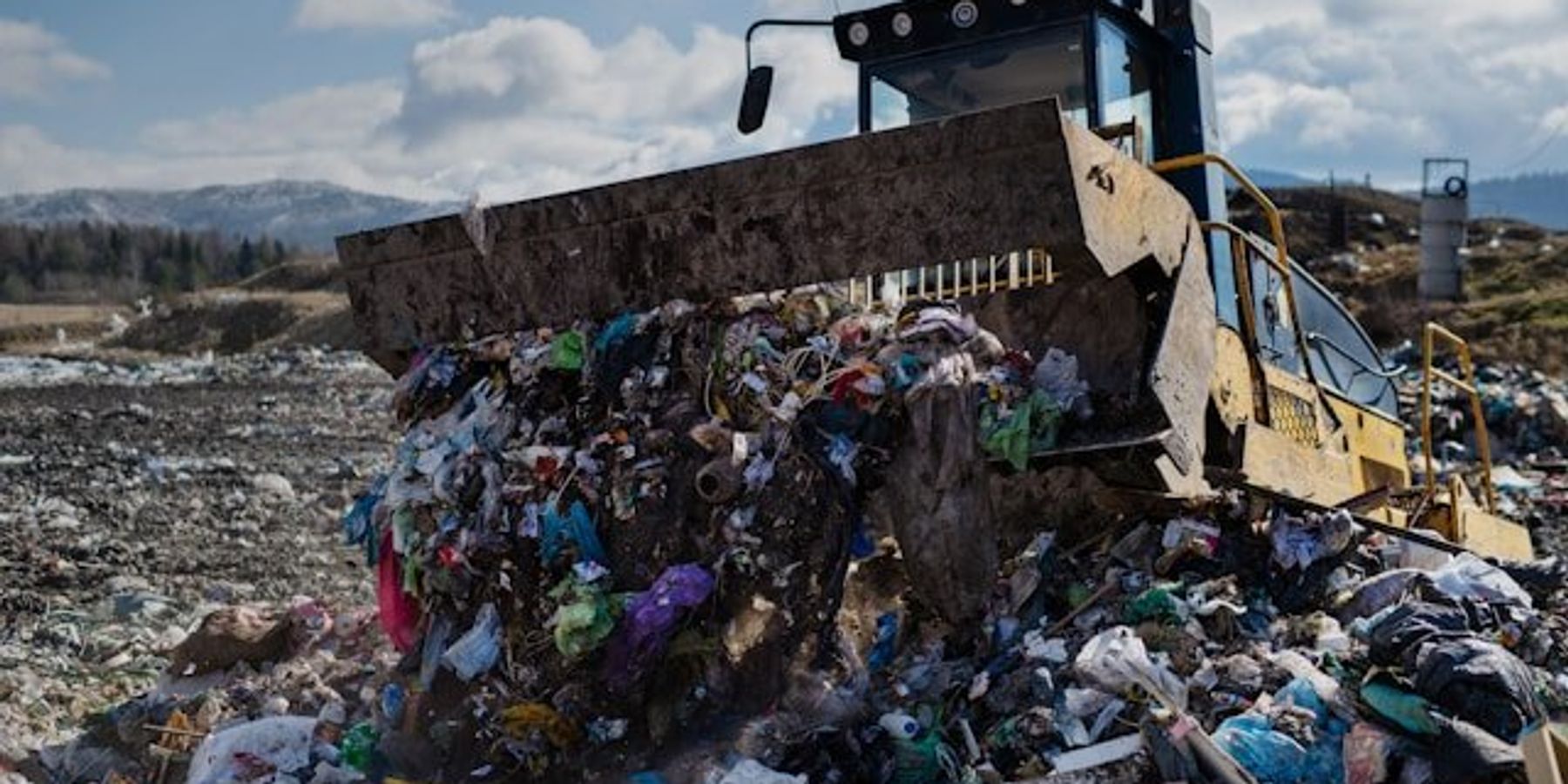
Iowa landfill groundwater discharges raise pollution and public health concerns
Environmental groups are challenging Alliant Energy over groundwater discharges from a coal ash landfill in Ottumwa, Iowa, which they say threaten local water quality and violate federal clean water laws.
Anika Jane Beamer reports for Inside Climate News.
In short:
- The Ottumwa-Midland Landfill collects groundwater through an underdrain system that environmental groups argue contains toxic coal ash pollutants like arsenic, cobalt, and molybdenum. Alliant Energy claims the water is naturally contaminated by local geology.
- After legal threats, Alliant stopped plans to pipe untreated water into the Des Moines River and began trucking the water to Ottumwa’s municipal wastewater plant, a move critics say fails to adequately treat the contaminants.
- A new third-party analysis confirmed elevated iron levels in the water and flagged several other metals with no clear state safety standards, further fueling concerns over the lack of regulation.
Key quote:
“Trucking this waste to Ottumwa to deal with may be marginally better than dumping it right into the Des Moines River untreated, but it’s a little bit like dumping your used motor oil into the drain right outside your house.”
— Joshua Smith, Sierra Club
Why this matters:
Coal ash contains dangerous metals that can leach into groundwater and surface water, posing long-term risks to human health and aquatic ecosystems. While federal rules require treatment of coal ash leachate, regulatory gray areas — like Iowa’s interpretation of groundwater contamination — can allow utilities to avoid full compliance. Transferring the burden to municipal wastewater systems doesn't guarantee those pollutants are removed before discharge. Many of the metals in question, including lithium and molybdenum, are increasingly linked to developmental and metabolic risks, especially for children. As coal plants phase out, how their toxic legacy is managed will shape the safety of drinking water and environmental justice outcomes across rural communities.
Related: Opinion: Iowa’s polluted water shows what happens when environmental rules are dismantled













